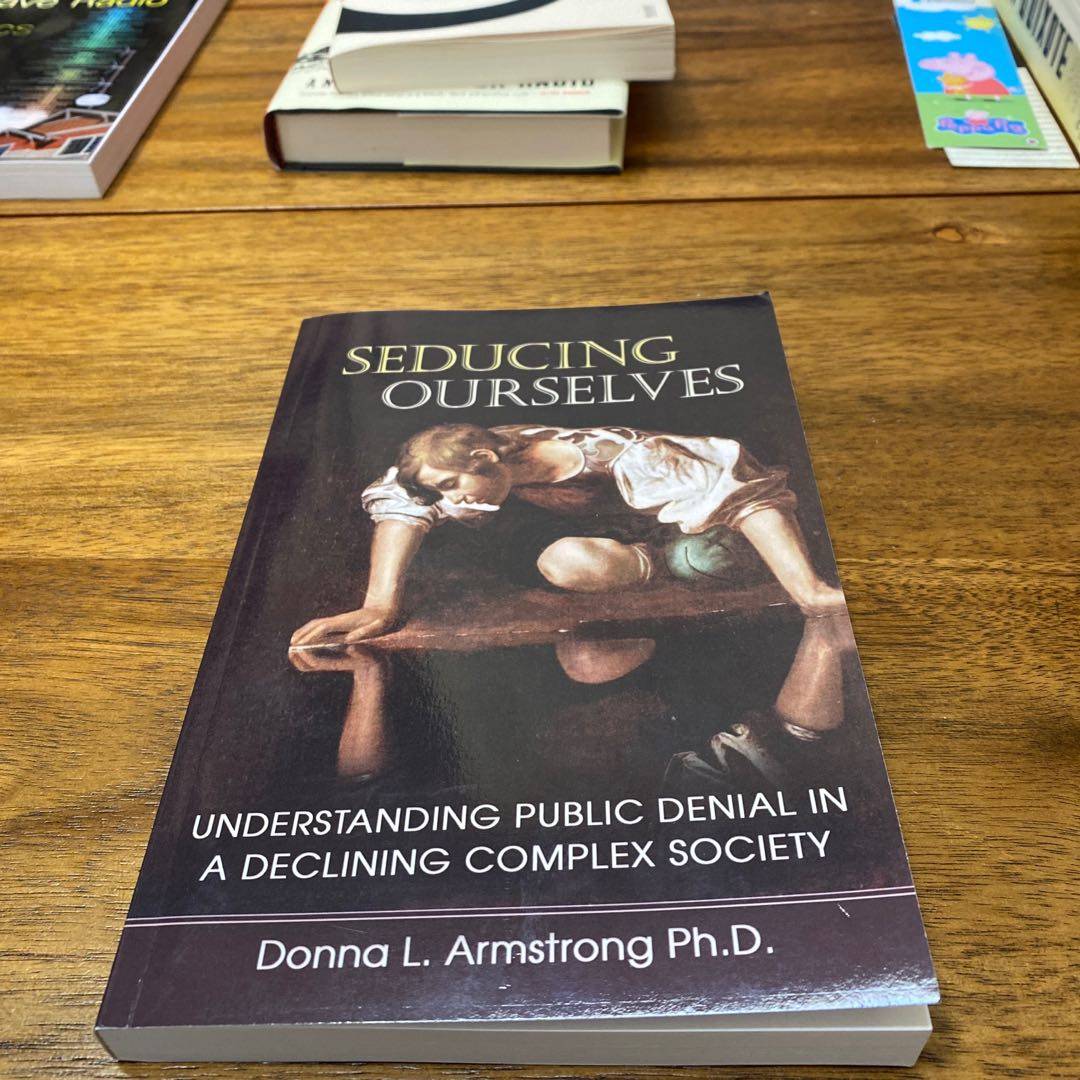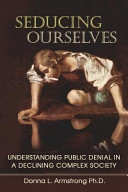
This is a very academic text, so it can be a slog at times, yet I think for anyone interested in how societies collapse and why the public seems to be willfully ignorant of it while it‘s clearly happening, this is a must read. There are some particularly helpful insights into how complexity, once reached, cannot be easily undone. There are some interesting psychological insights about human group cohesion and specific American cultural traits.
2 likes


















